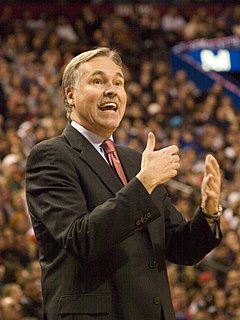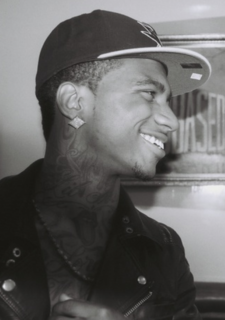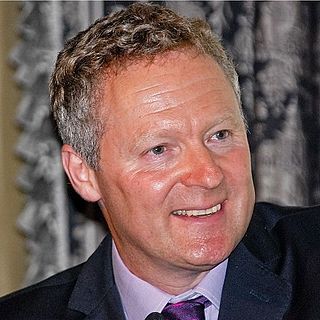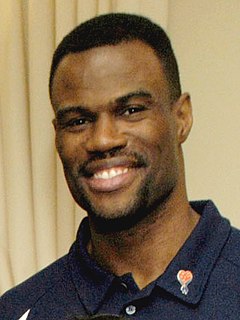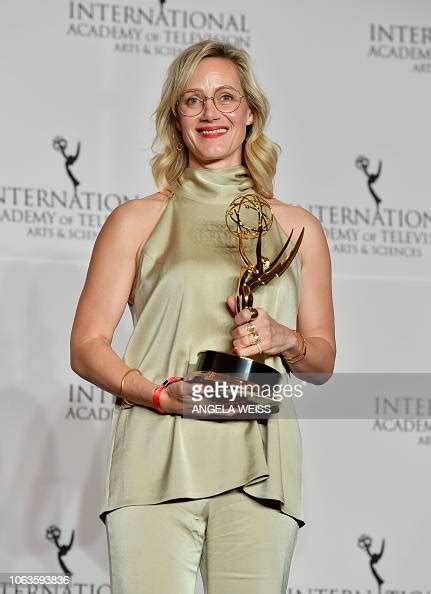A Quote by Mike D'Antoni
I don't actually like coffee. But I'm addicted to Starbucks.
Related Quotes
Starbucks was founded around the experience and the environment of their stores. Starbucks was about a space with comfortable chairs, lots of power outlets, tables and desks at which we could work and the option to spend as much time in their stores as we wanted without any pressure to buy. The coffee was incidental.
I've seen the end of the universe, and it happens to be in the United States and, oddly enough, it's in Houston, Texas. I know - I was shocked, too. Imagine my surprise when I left a comedy club one day and walked to the end of the block, and there on one corner was a Starbucks, and across the street from that Starbucks, in the exact same building as that Starbucks, there was - a Starbucks. I looked back and forth, thinking the sun was playing tricks with my eyes. That there was a Starbucks across from a Starbucks - and that, my friends, is the end of the universe.
When I returned as CEO in 2008, Starbucks had forgotten that meaningful innovations balance an organization's heritage with modern-day relevance and market differentiation, so we had to reorient. In one brainstorming session, we visited and observed great retailers, then asked ourselves, 'If Starbucks did not exist, what type of coffee experience would we create?
